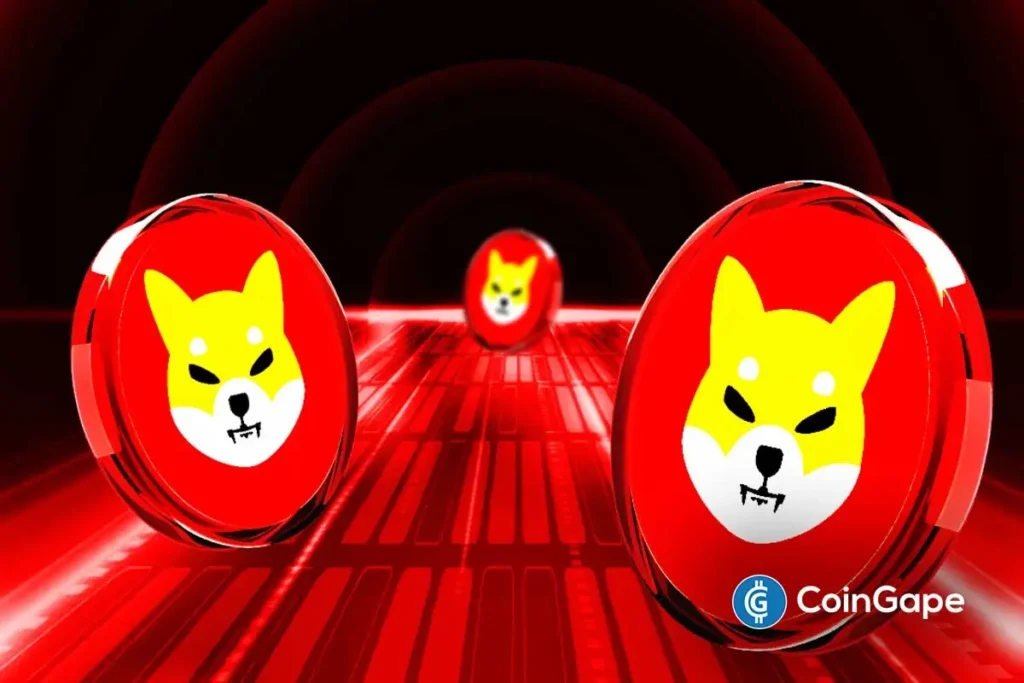Doggy DAO Enhances Shiba Inu Governance with Innovative Voting Strategies
In an ambitious move towards greater decentralization, Doggy DAO, the governance body of the Shiba Inu ecosystem, has introduced new voting strategies aimed at curbing the influence of large holders, commonly referred to as whales. This significant update allows creators of proposals to implement a variety of voting models, including staking, ERC-20 token voting, and quadratic voting, reflecting a more inclusive and equitable governance framework.
Shifting from Staking-Centric Mechanisms
Historically, Shiba Inu’s governance relied heavily on staking mechanisms, which often favored larger token holders and restricted the voting power of the average participant. With this update, the DAO has embraced a paradigm shift, empowering smaller token holders while simultaneously capping the authority of whales. By diversifying the voting methods available, the DAO enhances stakeholder inclusion, allowing a broader segment of the community to have a say in governance matters.
Introducing Quadratic Voting
Among the most noteworthy changes is the introduction of quadratic voting. This innovative method not only democratizes the voting process but also imposes a higher financial barrier on those looking to dominate decision-making outcomes. In quadratic voting, the cost of acquiring additional votes escalates exponentially, making it more difficult for wealthy participants to outvote the broader community effortlessly. This safeguard is crucial in mitigating the potential impact that SHIB whales could have on governance and market dynamics.
ERC-20 Wallet-Based Voting
Another valuable addition is ERC-20 wallet-based voting, which simplifies the voting process for participants. This method allows users to cast their votes directly based on their token balance without the need to stake their assets, effectively lowering the entry barriers for participation. By eliminating the obligation to lock up tokens, the DAO aims to enhance engagement and encourage a more diverse set of voices within the governance structure.
Retaining Staking-Based Voting
Despite these new models, the traditional staking-based voting mechanism has not been entirely discarded. Proposal creators now have the flexibility to select the voting method best suited for their specific governance items. Shiba Inu engineering manager “ShadowHunter” emphasized that this flexibility is essential for aligning governance proposals with the distinctive nature of the issues they address. Certain decisions may benefit from staking, while others might require direct token participation or quadratic constraints to ensure equitable representation.
Future Developments: Identity-Based Voting
Looking ahead, the DAO is actively developing an identity-based voting model that would promote a "one person, one vote" philosophy. This approach could significantly level the playing field within the Shiba Inu ecosystem, reducing the influence of wealth on governance decisions. Once implemented, this could substantially shift the balance of power, especially as Shibarium, the platform underlying the Shiba Inu ecosystem, continues to expand.
Enhancing Governance for Web3 Expansion
These governance upgrades align Shiba Inu with broader Web3 endeavors, focusing on the evolution of decentralized decision-making systems. As the ecosystem strives for enhancements in security and token burn initiatives, these reforms are vital in maintaining balance and fairness within the community. By continually exploring methods to forge a more secure, inclusive, and equitable governance framework, the Shiba Inu ecosystem positions itself favorably for future growth and upgrades.
In summary, Doggy DAO’s introduction of flexible voting models signifies a crucial step toward enhancing decentralization and equity within the Shiba Inu ecosystem. By incorporating a diverse array of voting strategies, the DAO not only safeguards against undue influence from large holders but also empowers a broader segment of the community to participate in governance. As the ecosystem gears up for significant expansions and developments, these transformations in governance are not just timely but essential for the sustainable growth of the Shiba Inu community.


